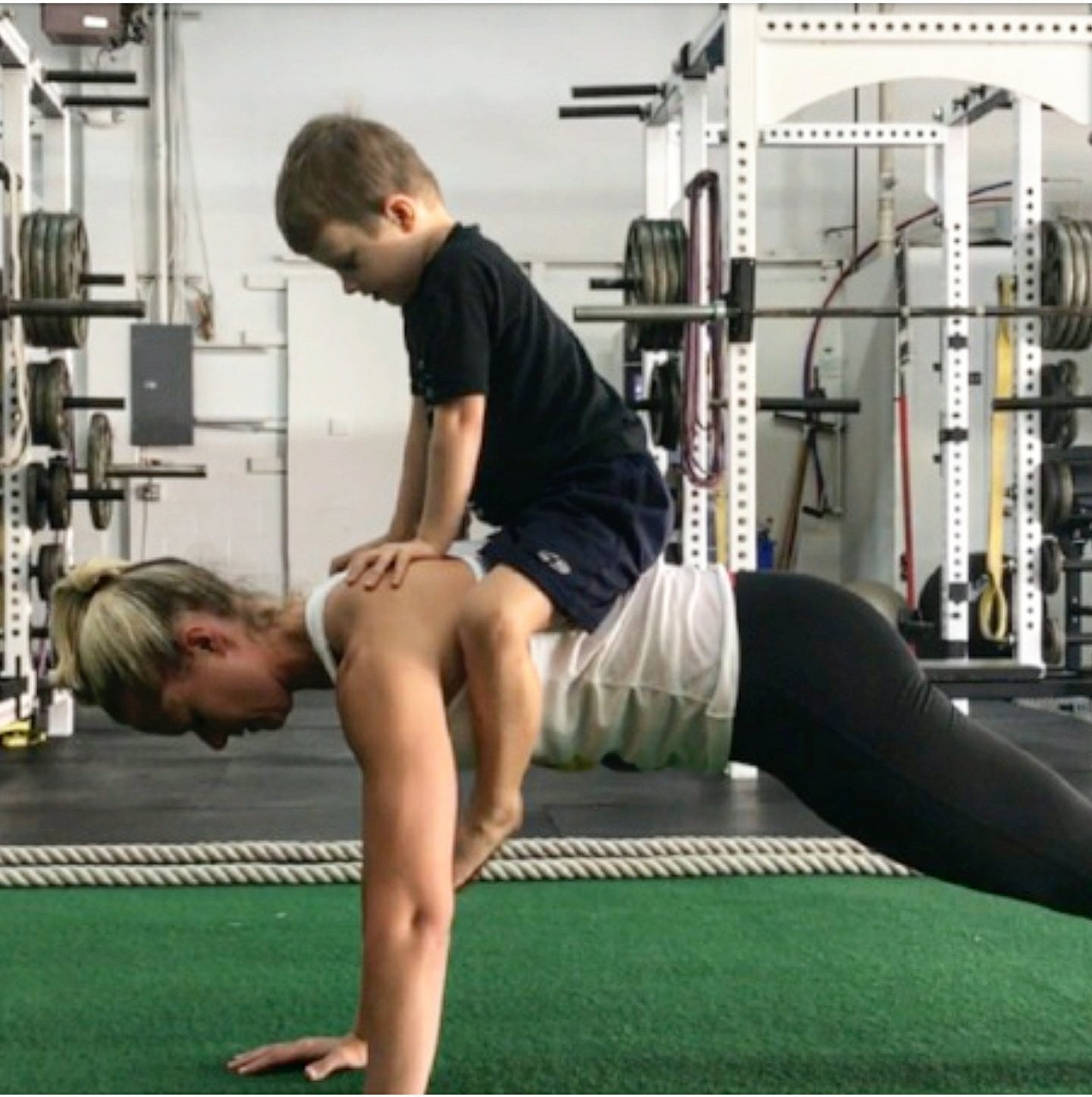October is Depression Awareness Month, and a great time to focus on ways to overcome the blues and keep depression away. According to the Anxiety and Depression Association of America, around 16 million adults each year experience the most common type of depression, which is Major Depressive Disorder. The disorder is characterized by having at least five of the symptoms, in which at least one of them is an overwhelming feeling of sadness or a loss of interest and pleasure in most usual activities. The good news for those who would like to keep depression at bay or who are looking to beat the blues is that they may need look no further than consistently exercising.
“Making exercise a consistent part of your life has some amazing benefits,” explains Coach Sarah Walls, personal trainer and owner of SAPT Strength & Performance Training, Inc., who is also the strength and conditioning coach for the WNBA’s Washington Mystics. “Those who engage in exercise regularly feel the difference it can make in one’s life. It can impact everything from how you see yourself to how well you sleep at night. It’s that powerful.”
Before anyone cringes and says they don’t have time to fit in exercising, it’s important to know that even a little bit can go a long way. New research published in the October 2017 issue of the American Journal of Psychiatry shares details from a landmark study conducted on nearly 34,000 Norwegians. What researchers found was that even small amounts of exercise can protect against depression, regardless of age or gender. They report that sedentary lifestyles are becoming the norm around the world, and depression rates are growing. What’s more, their research showed that those who don’t exercise at all have a 44% increased chance of developing depression. They found that the mental health benefits of exercise are found within the first hour of exercise each week, showing that even giving an hour per week to exercise does a world of good.
Here are 5 ways exercise helps to beat the blues:
- Natural chemicals. When you exercise, your brain releases feel-good chemicals called endorphins. Those endorphins are a natural opiate-like chemical that acts as a pain reliever, reduces stress, and helps people be able to sleep better.
- Clears the mind. Exercising is a great way to help alleviate worries and anxiety. Those who may be worrying about something or having a difficult emotional time can engage in exercise and find they feel a lot better by the time they are done with the session.
- New connections. According to Harvard Medical School, exercising spurs the release of proteins called neurotrophic or growth factors, which cause nerve cells to grow and make new connections. This helps to lead to improvements in brain functioning. The exercising supports nerve cells in the hippocampus, which helps to relieve depression.
- Better image. Most people who engage in exercise see a difference in the mirror and in the way their clothes fit, and they like it. The changes they see can be uplifting and give them more confidence.
- Weight loss. According to the Centers for Disease Control and Prevention, 43% of adults with depression are obese, and adults who have depression are more likely to be obese. Exercising regularly helps people lose weight and be able to better maintain a healthy weight.
“There are so many good reasons to exercise and not one good one to avoid it,” added Coach Walls. “I work with many people and I see the difference that even a little exercise per week can do for them. Get the endorphins flowing and see for yourself how great you start feeling!”
October is also Breast Cancer Awareness Month, and there is a connection between breast cancer and depression. According to BreastCancer.org, those who have breast cancer may feel sad or depressed, resulting from the diagnosis, treatment, breast cancer treatments, aging, hormonal changes, or other factors. While they report that sadness is a natural part of breast cancer experience, they offer several tips for helping to address depression, including exercising.
Sarah Walls has over 15 years experience in coaching and personal training. Owner of SAPT Strength & Performance Training, Inc, founded in 2007, she offers coaching to develop athletes, adult programs, team training, online coaching, and more. She is also the strength and conditioning coach for the WNBA’s Washington Mystics, and has over eight years of experience working as an NCAA D1 strength and conditioning coach and personal trainer. To learn more, visit the site: www.saptstrength.com.
SAPT Strength & Performance Training, Inc.
Located in Fairfax, Virginia, SAPT Strength & Performance Training, Inc. is a high performance training club that specializes in helping to develop athletes of all ages. They offer athletic training programs for youth, college students, and amateurs. The company was founded in 2007 by Sarah Walls, a professional strength and conditioning coach and personal trainer with NCAA D1 experience, who is the strength and conditioning coach for the WNBA Washington Mystics team. To learn more, visit the site: www.saptstrength.com or www.sarahwalls.com.






